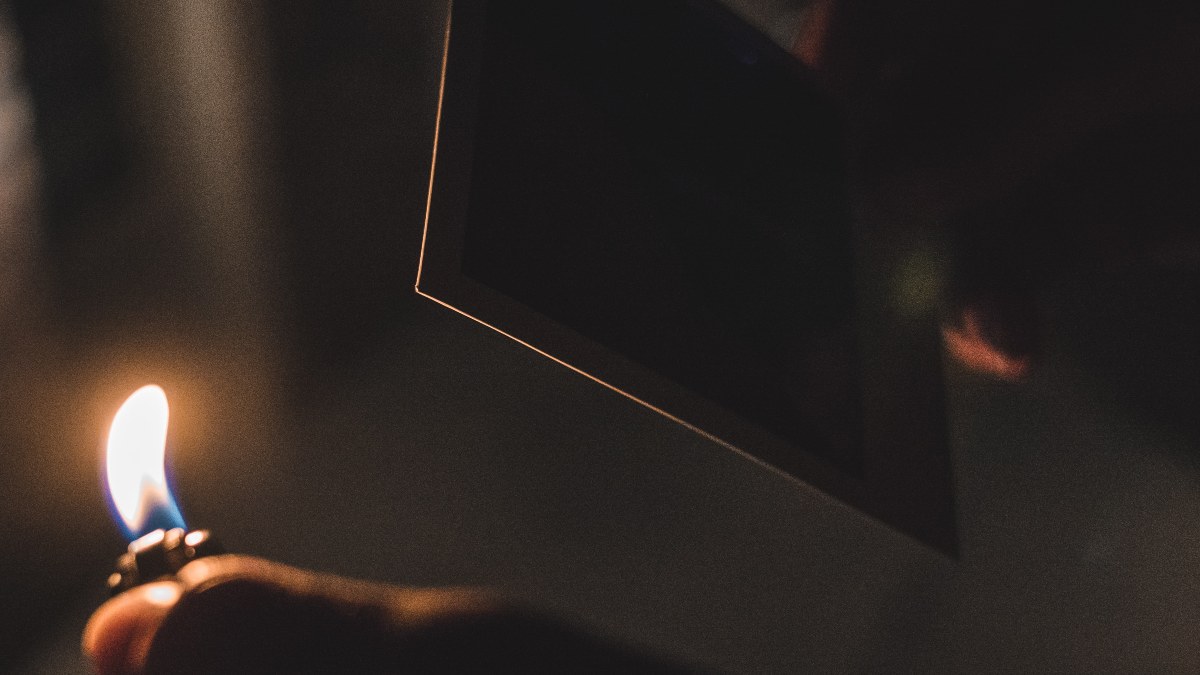
Imaginationships: A Therapist Suggests 2 Ways To Heal From A One-Sided Relationship
Letting go of someone who was never truly yours can be a challenging process, but it's crucial for your emotional well-being and growth.

By Jourdan Travers, LCSW | July 14, 2023
One of the more unsavory ways to experience love is when it is one-sided. People who find themselves on the wrong side of unrequited love may fixate on ridding themselves of their feelings, saying things like:
- "The harder I try to not think about her, the more I do. I don't know when this will pass."
- "I do not want to cut him off, but staying close to him is not doing me any favors either. How do I make peace with this dilemma?"
- "We broke up months ago, why do I keep contemplating getting back with her? How will I ever be able to move on?"
Cutting off someone you still want to be with can be excruciatingly difficult. A 2013 study delineates three types of unrequited love (chances are that most of us have experienced at least one of them):
- Having a crush on someone unavailable
- Longing for a past lover
- Being in a relationship where the love feels unequal
If you are currently struggling with feelings of unrequited love, here are two things you can do to channel your feelings into a healthier place.
1. Know that Your Feelings Aren't Entirely Uncontrollable and that Love Regulation Is Possible
Willing yourself out of an unrequited love scenario can feel impossible and beyond your control. However, research published in PLOS ONE suggests that we can exercise control over our feelings by using certain cognitive and behavioral techniques.
The study refers to this practice as 'love regulation' — that is, the use of behavioral or cognitive strategies to change the intensity of your current feelings of romantic love.
While the study spells out strategies for both up and down regulation of love, in the case of unrequited love, people could benefit from knowing more about down regulation techniques, such as:
- Cognitive reappraisal. This strategy involves reframing the situation you are in to change how you feel. You can try focusing on the negative aspects of your beloved or thinking about how time will heal them.
- Distraction. Distraction simply involves stimulating yourself with material unrelated to your object of fixation to take focus off of your current situation and emotional state. Watching TV, listening to music, focusing on school or work and exercise all qualify as distraction techniques.
- Social support. Talking to close friends or family can help you feel better and gain perspective on your complicated romantic feelings.
- Situation selection. This strategy involves avoiding cues and triggers (e.g., pictures, conversations, places, etc.) that remind you of your unrequited love interest. This helps to ensure that your underlying feelings are not unnecessarily brought to the surface.
2. Remind Yourself that Longing Is a Poor Substitute for Consummate Love
We often see unrequited love romanticized in art, media and pop culture. The yearning at the core of an unconsummated or purely imagined relationship is portrayed as a phase of bittersweet euphoria.
How true is this narrative? One study revealed a number of findings about the nature of unrequited love, such as:
- Unrequited love relationships are less emotionally intense than equal love in terms of passion, sacrifice and commitment
- The only thing people feel more intensely in unrequited love is turmoil
- Unrequited love is also associated with low self-esteem, low self-confidence, anxiety and depression
These findings highlight why unrequited love should not be looked at as 'aspirational.' While the persisting feelings you have for someone might take time to process, it's important to know that romanticizing your suffering can prolong it.
The authors of the study sum this up by stating, "these results suggest that unrequited love is not a good simulation of true romantic love, but an inferior approximation of that ideal."
Conclusion
Unrequited love can be a painful and, at times, traumatizing experience. But, as with any difficult event in your life, being patient with yourself, indulging in quality self-care and assessing your reality with honesty can help you recover.
